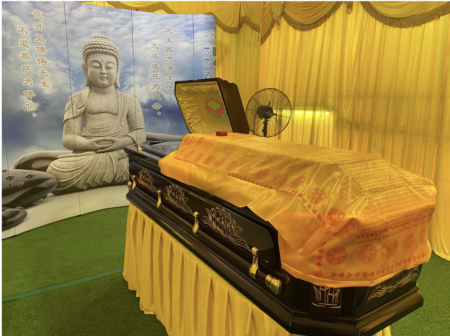Malaysia, renowned for its cultural diversity and dynamic economic landscape, has emerged as a pivotal education hub in Southeast Asia. The nation’s commitment to educational excellence is evident in its diverse range of academic programs, particularly diploma courses. These courses are specifically structured to offer a blend of theoretical knowledge and practical skills, catering to students who aspire to gain immediate employment or pursue higher education. A diploma in Malaysia is an academic credential that typically takes two to three years to complete, depending on the field of study and the mode of delivery, whether full-time or part-time. The curriculum is meticulously designed to cover the essential aspects of the chosen discipline, providing students with a comprehensive understanding that is both deep and broad.
Types of Diploma Courses Available
The range of diploma courses available in Malaysia is vast and varied, reflecting the country’s commitment to catering to diverse academic interests and career aspirations. These courses span multiple disciplines, ensuring that there is something for everyone, regardless of their interests or career goals. Common fields include Business Administration, Information Technology, Engineering, Health Sciences, Creative Arts, and Hospitality Management, among others.
For example, a diploma in Business Administration typically covers key areas such as accounting, finance, marketing, human resource management, and organisational behaviour. This holistic approach ensures that graduates have a well-rounded understanding of the business world, preparing them for various roles within the corporate sector. On the other hand, a diploma in Information Technology might include modules on programming, web development, networking, and cybersecurity. The emphasis here is on practical skills, with students often undertaking projects and internships that provide hands-on experience.
Engineering diplomas, another popular choice, offer specialisations in fields such as civil, mechanical, electrical, and electronic engineering. These programs combine theoretical instruction with practical training, including laboratory work and industry placements, to equip students with the technical skills required in the engineering sector. Health Sciences diplomas, covering areas like nursing, medical laboratory technology, and pharmacy, are designed to prepare students for careers in the healthcare industry, focusing on both theoretical knowledge and clinical practice.
Structure and Duration of Diploma Programs
Diploma programs in Malaysia are designed to be both comprehensive and concise, typically ranging from two to three years in duration. The structure of these programs is carefully crafted to provide a balanced mix of classroom learning, practical training, and real-world experience. This holistic approach ensures that students are not only knowledgeable in their chosen field but also equipped with the practical skills needed to thrive in the workforce.
The curriculum is usually divided into semesters, with each semester focusing on different aspects of the field of study. In the initial semesters, students are introduced to the fundamental concepts and theories relevant to their discipline. As they progress, the coursework becomes more specialised, delving deeper into specific areas of interest. This gradual build-up of knowledge ensures that students have a strong foundation before tackling more complex topics.
Career Prospects and Further Studies
For diploma holders aiming to advance their careers, the transition into the workforce is typically seamless due to the hands-on training and practical experience acquired during their studies. Employers in Malaysia and beyond recognize the value of diploma graduates for their ability to apply practical solutions to real-world problems from day one. This immediate applicability of skills often makes diploma graduates highly attractive to employers.
In the healthcare sector, for instance, diploma holders such as nurses and medical laboratory technicians are crucial to the day-to-day operations of hospitals and clinics. Their education equips them with the necessary clinical skills and knowledge to provide high-quality patient care and support medical teams in diagnostics and treatment. Similarly, those with diplomas in pharmacy or physiotherapy find themselves in roles that are both challenging and rewarding, directly impacting patient health and recovery.
Graduates with diplomas in creative fields such as graphic design, animation, and multimedia arts are well-prepared to enter the vibrant creative industries. These fields demand not only artistic talent but also technical proficiency with various design software and tools. The portfolio of work they build during their studies showcases their abilities and helps them secure roles in advertising agencies, media companies, and freelance opportunities.
Conclusion
Diploma courses in Malaysia provide a robust and versatile education that prepares students for both immediate employment and further academic pursuits. With a wide range of disciplines available, structured programs that emphasize practical training, and clear pathways to career advancement or higher education, these courses are an excellent choice for students looking to build a solid foundation for their future. Whether you are a local student or an international one, pursuing a diploma in Malaysia can be a strategic step towards a successful and fulfilling career. The comprehensive nature of these programs, combined with their industry relevance, ensures that graduates are well-equipped to meet the challenges of the modern job market and achieve their professional aspirations.














